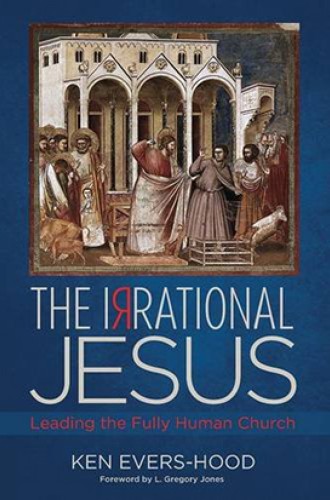The emotional wisdom of irrational Christians
Ken Evers-Hood applies behavioral economic theories to Jesus—and the people who follow him.
Here is a brave, wise book—brave in its use of jargon, and braver still in its portrait of a human Jesus. Ken Evers-Hood, a pastor in Oregon, has absorbed the complex lessons of behavioral economists and translated them to his own work in the parish. Recognizing that congregational life takes place between is and ought—probably more is than ought—he has learned to accept parishioners as they are, and to admit his own habits of mind so he may become a better leader. “We can be taught!” he says.
Yet for every insight, he must explain himself. The word irrational, for example: rather than unreasonable or wild, it means to a behavioral economist anything other than a cold calculation of self-interest. Parishioners may have very good reasons—reasons of the heart—for resisting a leader’s initiatives. Evers-Hood is at his best when he describes such emotional wisdom.
“Theologians and pastors often behave like classical economists,” he says. “We develop ideas, often biblically based ideas, about how people should behave. But then, of course, the reality of serving in actual churches is that people rarely behave as they should.” He adds, “This is actually fantastic news,” for when people disregard their self-interest, the gospel can happen.






